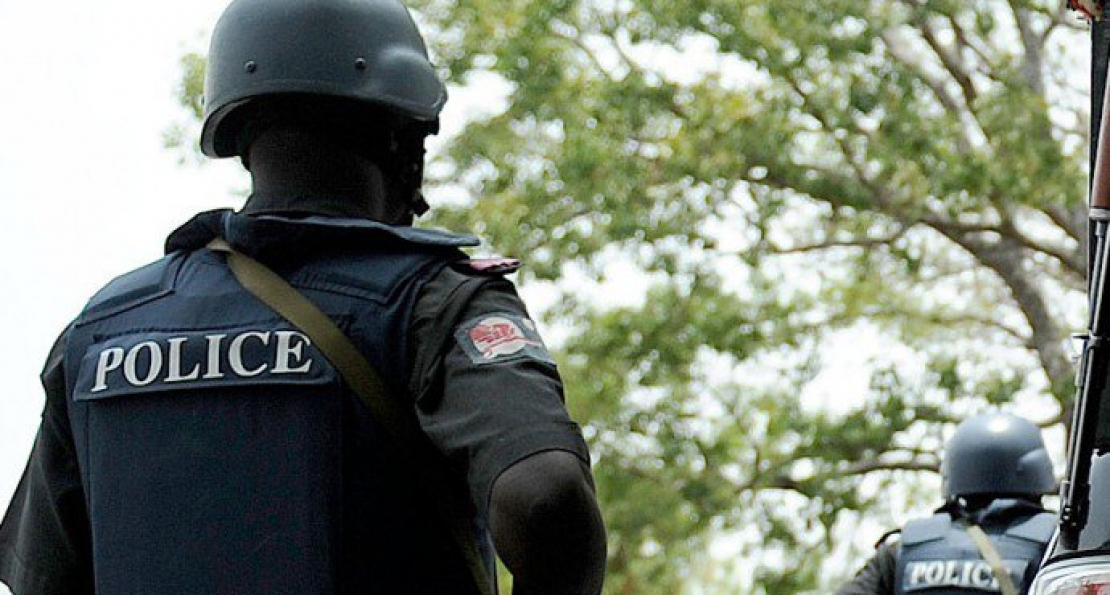Many semesters ago, I had to go to a hospital outside the campus for an X-ray.
I was driven there from the AUN Health Center by an elderly man who seemed strong for his years. As a long day dragged on, we got into a conversation. I learned about this man, about his life and his past. Many semesters and opportunities hence, I bumped into him at the Health Center – as so often I had since then – and asked him if I could retell his story.
Saleh Garba – for that is his name – joined the Nigeria Police in 1992, transferring to the mobile force (MOPOL) in 1994. In his hometown in Kebbi, he was part of a squadron codenamed “The Desert Squadron,” and after years of service, became an instructor at the Mobile Police Training College in Gwoza, Borno State.
Mr. Garba was a part of many peacekeeping operations within and outside of Nigeria in his time, combating insurgents and engaging in diplomatic efforts. He served in Bakassi during the bloody conflicts that plagued the region in the 1990s and in Sudan during the war in Darfur, as part of a joint mission by the African Union and the United Nations.
“Our goal was to save lives,” says Mr. Garba of his peacekeeping missions. “If we had let [the rebel groups] win, they would have killed the innocent.”
Mr. Garba also served for a time in Maiduguri during the rise of Boko Haram, witnessing the earliest days of the sect’s formation, and seeing the signs well before things got bad.
“Before, they were mingling with the people,” he says of the sect. “It started politically, as a rebellion… That is when they started their brutality… It was not a religious problem; it was a political problem – they put religion into it later… Even the religious leaders opposed them.”
Mr. Garba’s armed services career ended after a brutal survival exercise in Gwoza, in which a cadet lost his life. In the process of ferrying the body down a hill that he and his students had to climb as part of the program, Mr. Garba suffered a fall that broke his hip and caused irreparable damage to his heart. He went back to his hometown for medical treatment, knowing his days of service were over.
As we sat there on the waiting chairs in front of the AUN Health Center, engaged in the longest conversation we had had in almost two years, I saw a man who had known great violence, but who truly loved peace.
“Without peace, nothing good will come,” he said before we parted ways. “Many of these regions are peaceful now. Before, it was more than worse.”
Reported by Ross Hart, Computer Science major


